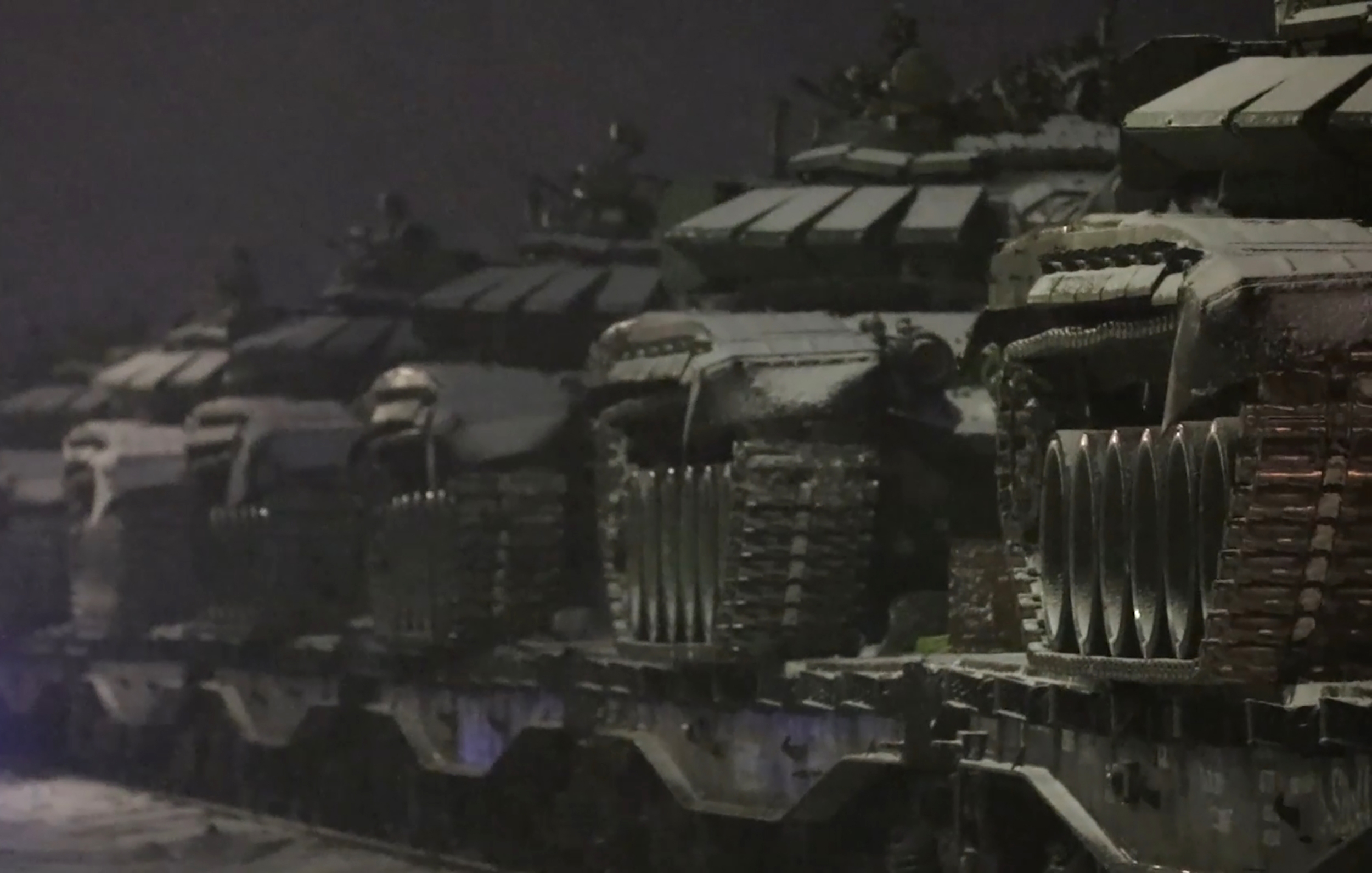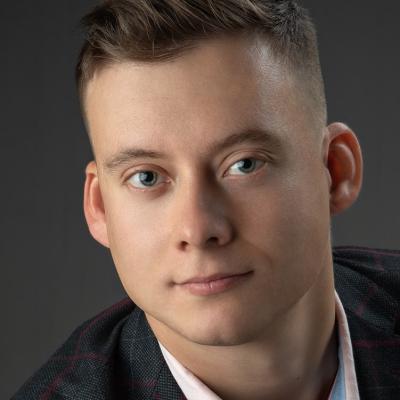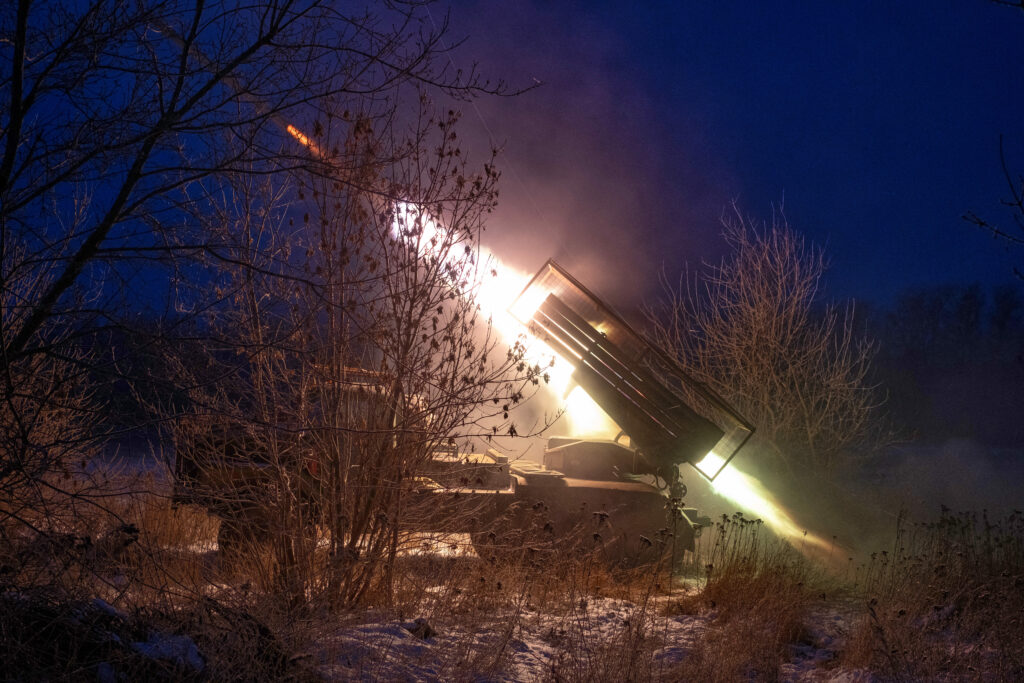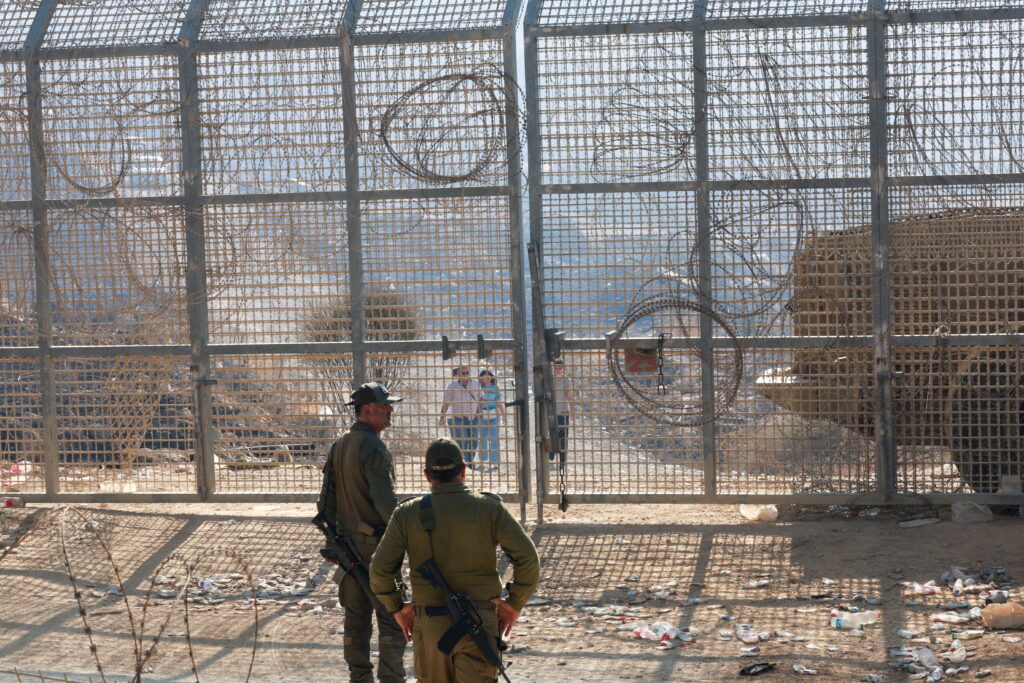In the afternoon of February 21, President Putin gathered his Security Council to consult on what to do with the Donbass. By nightfall, Russian TV showed footage of the signing of documents: Russia now officially recognised the Donetsk and Luhansk People’s Republics as independent states. Undeterred by how no other country has followed suit in recognition of these breakaway territories, columns of Russian troops have now swiftly crossed the internationally recognised border with Ukraine, taking up positions there as «peacekeepers.»
During that fateful Security Council meeting, Putin basically asked everyone to personally voice their agreement with the «central line of the party» — or objections: none of those. It was followed by a fiery speech by the President, where Putin apparently expressed everything that had been bothering him over the years towards the West and Ukraine. Of course, this was all far from a spontaneous meeting or speech. Everything that happened on February 21 was prepared in advance and choreographed.
We will not list all the shocking facts of Putin’s speech here. Still, it is worth mentioning that Putin was especially heated about the issue of Ukrainian statehood («Lenin is to blame», «Ukraine is a colony») and about US plans to actually incorporate Ukraine into NATO to then attack Russia. It will be necessary to attack Russia, Putin claims, because it is too big and strong and it is the main enemy of the US.
Such is the disappointing outcome of Putin’s rule for more than 21 years that the country closest to Russia has almost become a base of operation for starting a war with the world’s still largest military and economic power. But joking aside, Putin wasn’t joking — he spent a third to a half of his speech explaining how Russia tried to prevent it but still the US wants it destroyed.
In other words, everything that used to be considered mythologized and a marginal view of international relations in Russia, on February 21, without any special reservations, became the official position of the Russian Federation. It would not be an exaggeration to say that neither Putin nor anyone else in the Russian leadership has ever made such an aggressive speech. Even Patrushev, once considered the main supplier of «tough quotes,» is beyond competition. But what comes of this?
Russia recognizes the DPR and LPR, receives a request for help from them, and brings Russian troops into territory that rest of the world still considers as Ukraine. As we already know, there are plenty of Russian troops around Ukraine at this moment already. There are so many of them that some had to be deployed to Belarus to the north of Ukraine.
As soon as Russian troops enter DPR and LPR, sanctions will start pilling up. At first, probably not the most gruesome ones out of the available arsenal. But this wave of sanctions marks the absolute end of the Minsk process and a failure of diplomacy. There is no more diplomatic solution on the table for the Donbass issue.
The main question for today is in which territories Russia recognizes DPR and LPR. If the Russian troops remain on the actual line of contact, then there is a chance that the sanctions will not immediately reach a new quality of aggravation. But it is highly likely that Kremlin intends to do much more in Ukraine now than just recognize the DPR and LPR.
This recognition changes nothing
In his speech on February 21, Putin reiterated what he feels is vital to Russia. That is a guarantee of no expansion for NATO and return to the positions of 1997 and a complete neutrality for the territory of Ukraine. Putin mentioned several times in his speech that Ukraine is already being incorporated into the alliance without formal status and that it is already a done deal. Any NATO infrastructure and military aid for Putin is crossing the line. Any cooperation of Ukraine and NATO is a direct threat to Russian security. DPR and LPR recognition have nothing to do with that.
Recognition of those territories is a recognition by the Kremlin that attempts to work with Ukraine on Donbass have failed completely and Russia decided to solve it the way it sees fit. How will Kremlin respond to the recognition of the West’s inability and unwillingness to give Putin the degree of security and assurance he sees fit?
Unfortunately, today it is becoming more and more likely that a false pretext will be used to send a large group of Russian troops to the territory of Ukraine to either change the government in Kyiv and/or split the country further and destroy military infrastructure that Putin considers dangerous for himself. There were plenty of hints of such a scenario in the speech of Putin and members of his Security Council. The Russian TV is already running at 146% capacity to show the «atrocities of the war» by Ukraine. The mere mention of terrorist attacks and sabotage groups is enough for a casus belli.
Of course, such a scenario carries enormous risks of mass losses among the civilian population and the imposition of sanctions. Contrary to Mishustin’s assurances, these sanctions will greatly affect economic growth in Russia, and Russia’s reserves aren’t a guarantee of stability. No matter how highly the Russian leadership evaluates its forces, any operation in Ukraine today will not be a simple combat mission with a limited deadline. Not to mention the unwillingness of Ukrainians to endure Russian occupation in «historically Russian lands.»
And yet, in his speech, Putin repeatedly carried out one simple thought — Washington decides everything; whether the war goes further into Ukraine will be decided by Washington. The Kremlin will not turn off the phone. They will wait for changes in the position of the United States as Russian troops advance into the territory of the DPR and LPR. Now hardly anyone thinks the current escalation is a bluff. The question of where the return of «historical Russia» will end remains open.
Whether Washington can come up with something that will persuade the Kremlin to pull back its armed forces from the territory of Ukraine is unlikely. But Washington can definitely make the advance of the Russian army in Ukraine as tricky and costly as possible.
Putin, without formally declaring war on Ukraine, declared war on Ukrainian statehood and Ukrainian subjectivity as such (this can be considered a new, more aggressive reading of 2014). Boundaries earlier still considered unacceptable were crossed on February 21 both in relation to Russian-Ukrainian relations and relations between Russia and the West. What, after 2015, seemed to be the passed stage of the greatest escalation turned out to be the protracted first phase of the Kremlin’s decisive offensive on the order that developed after the collapse of the USSR, which today Kremlin officials call unfair and erroneous.
It is impossible to compare the current situation with either 2008 or 2014. This is a qualitatively new level of Russian history, which will definitely be difficult and painful for the entire region.










